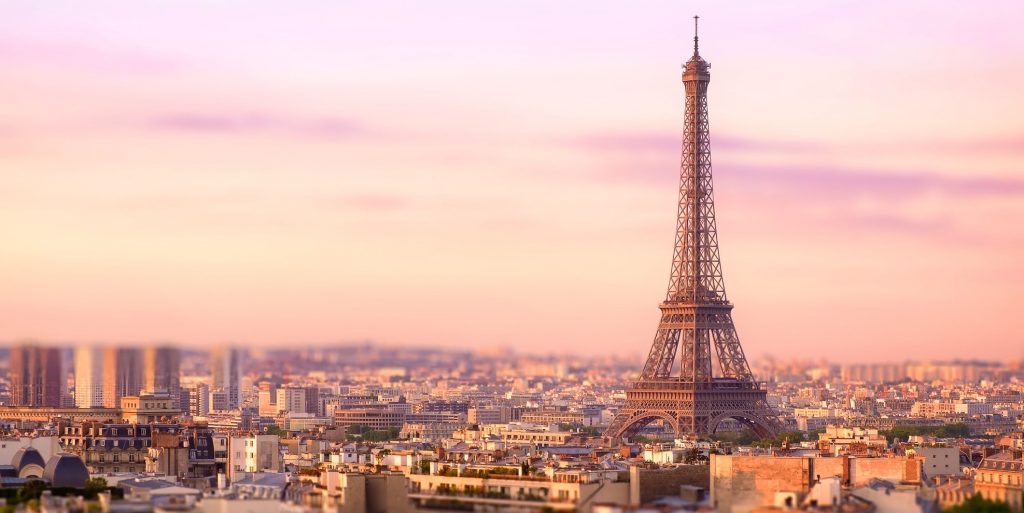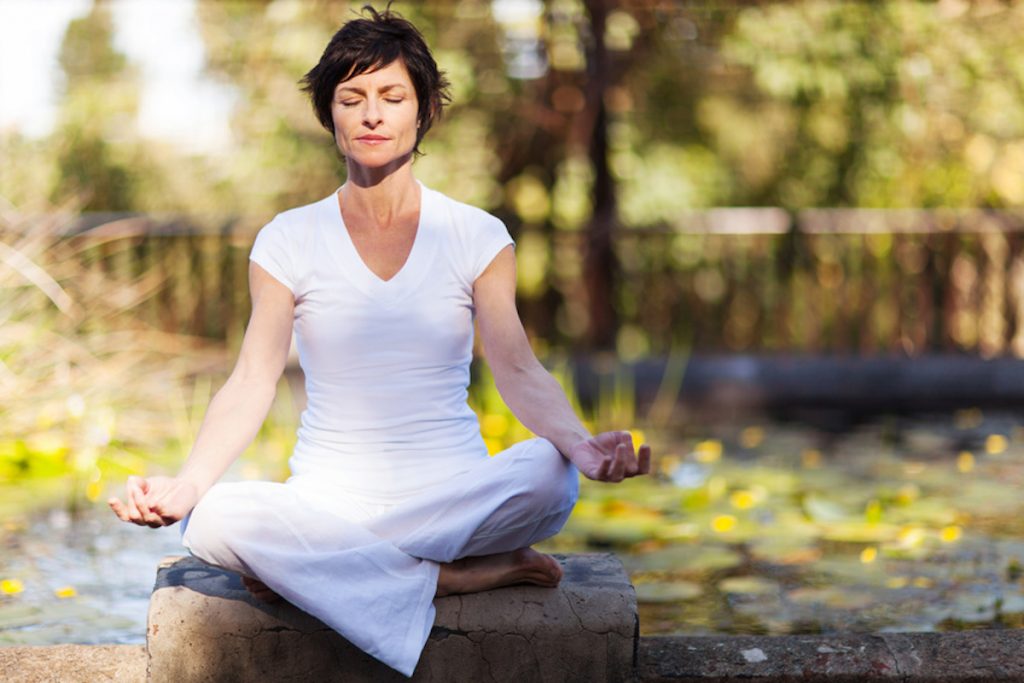
“Paris Syndrome” is a strange thing. Through books and films the city of lights has developed an international reputation of idyllic metropolitan beauty, full of romance, artistry and picture-postcard scenes. Yet many people don’t realise that, while still lovely, this is a city that is beset by all the usual problems of big urban areas like homelessness, crime and overcrowding. Paris Syndrome is the manifestation of shock and disillusionment that visitors to the city feel when they encounter this reality, resulting in psychological distress that manifests itself in feelings of persecution, delusions and even hallucinations.
Around 20 tourists a year are struck down by Paris Syndrome and have to be flown out of the city under medical supervision. It’s something that particularly affects Japanese visitors and it’s thought to have its origins in the highly idealised view of Paris that the Japanese have formed through the use of the city in advertising, when the softly-lit world of beauty that were expecting doesn’t materialise. The uncomfortable, fluttery-chested nervousness and full-blown hallucinations speaks of the huge anxiety these tourists feel at this discrepancy.
While it’s a interesting oddity and to many may even seem a little bit silly, the mere existence of the phenomenon points in an extreme way to the growth of a particularly modern sort of anxiety, where the image we have of our lives doesn’t resonate with reality.
Why Does Paris Syndrome Matter?
Lifestyles today already involve huge pressures that have led to epidemic levels of stress, where everything from clattering alarms to deadlines at work set our stress hormones running, but this isn’t the sole cause for all the unhappiness and anxiety. The gap between our expectations and reality is becoming ever more marked, and this is an increasing source of discontentment.
We are constantly presented with images and ideas for the life we should be leading, and are shocked to find that our experiences don’t look or feel how we expected them to. For decades marketing has created the illusion of an aspirational lifestyle that’s only a few purchases away, films create idealised worlds for the sake of narrative and aesthetics, and more recently social media is full of highly edited excerpts of people’s seemingly more exciting and beautiful lives.
Life is significantly messier, often more mundane and usually much less pretty than these carefully curated images, perfectly encapsulated by Paris Syndrome where the city doesn’t live up to expectations. Paris in the popular imagination is romantic, full of artists and gorgeous people, where seemingly every photo taken is in black and white. It’s a place to find love, sketch in the streets, write poetry and even become a more interesting person. The revelation that here you can be as bored, frustrated, unimpressed or as uninspired as anywhere else can be hard to deal with.
This is reflected throughout life, especially in scenarios in which it’s culturally taken for granted that you’ll think or feel a certain way. This can be anything from going travelling, leaving for university or getting married. We have a culturally enforced idea in our minds what these experiences will be like, but if for every moment of joy and excitement there’s ten which are uncomfortable, or hard, or annoying; we can feel that there must be something wrong with us. If it’s a given that something will be a life changing and fulfilling experience, real life can come as a surprise.
This becomes even more pronounced as we scroll through Facebook and Instagram only to be confronted with the images of people (apparently) having a much more enjoyable, successful or interesting time than us. People can start to feel if this isn’t their experience of life – especially when they’ve done everything which is meant to be the key to this magical, alternate existence – that there’s something wrong with them in particular.
Fear of Missing Out (or FOMO) is something that particularly affects young people and is a direct result of this social-media created fantasy world, where everyone is having fun, experiencing epiphanies and being socially vibrant 24/7. Whatever people are doing and however happy they really are, they think there’s something better they could be doing. And as life never quite matches up to your ideals, you could find yourself on a beach in Bali and still think that maybe they should have attended that party back home.
Even when people have every reason to feel contented these feelings can create a barrier to happiness, and this is without the usual challenges and hardships which make achieving peace of mind more difficult. Paris Syndrome might be a rare curiosity, but we all experience our own little “syndromes” throughout life. Overcoming the impulse to compare our experiences to an unattainable ideal, may be something that becomes more important as the virtual world plays an increasing role in our everyday lives.

The Benefits of Beeja Meditation
- Reduce stress and anxiety
- Greater clarity and calm
- Increase focus
- Enhance relationships
- Sleep better
- Feel energised



